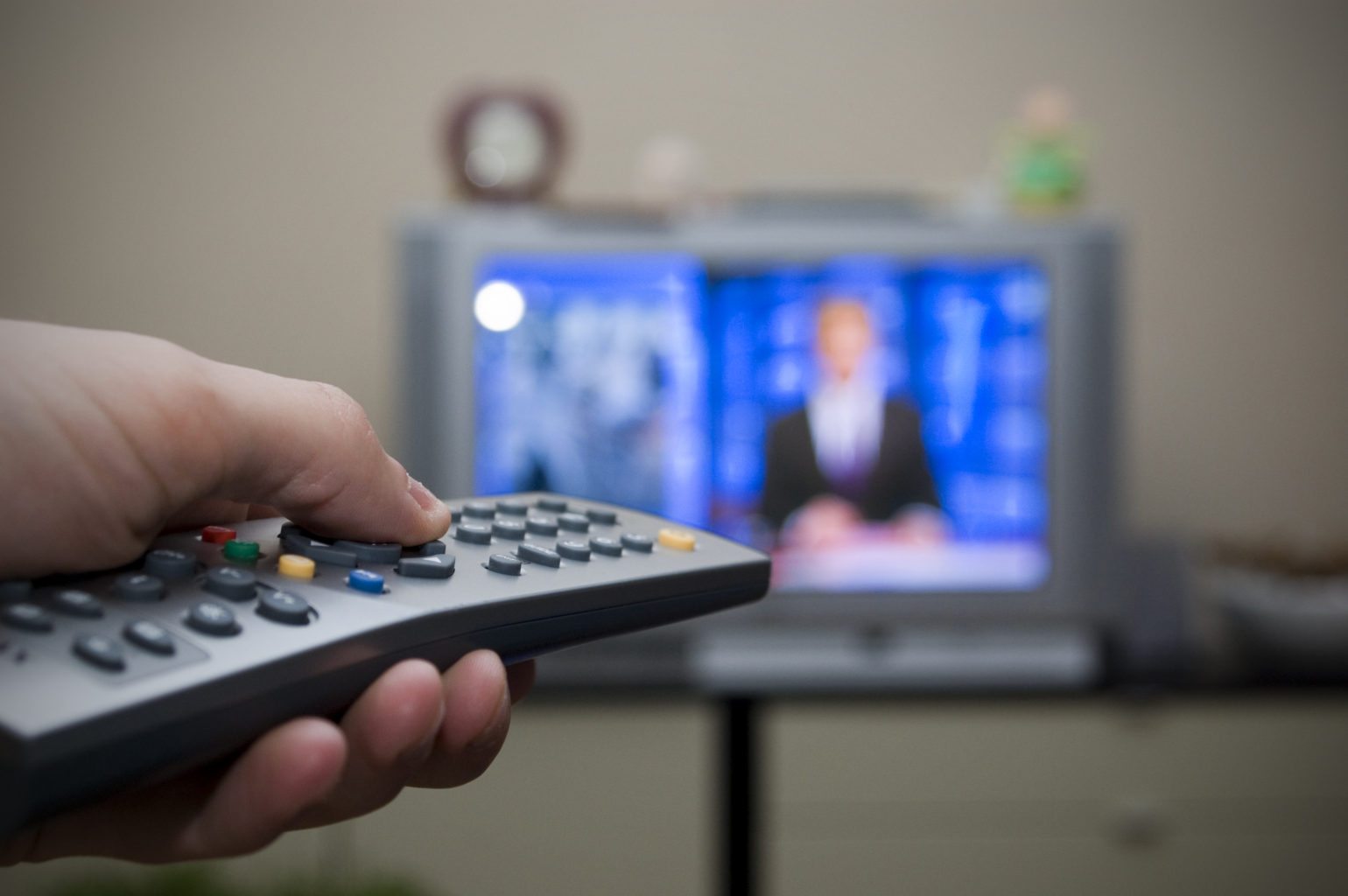Is owning a TV at uni worth it?
Is owning a TV at uni really worth paying a TV licence? Can it bring people together, or will it just become another way to procrastinate work? Our writers argue for and against bringing the box to uni in a tête-à-tête:
Sohini Kumar: “Investing in an actual TV licence seems downright wasteful”
Imagine lying back after a long lecture and enjoying the latest episode of Doctor Who on your personal TV…It might sound great, but having a TV at university has more drawbacks than advantages.
Being a student comes with enough expenses without adding more to the list. A TV licence feels unnecessary when there are cheaper options available.
According to the BBC, the annual cost of a TV licence is £145.50. Meanwhile, a standard Netflix subscription costs £6.99 a month, (about £84 a year) whilst Prime Instant Video costs £5.99 a month (about £72 a year).
Being a student comes with enough expenses without adding more to the list.
Moreover, there is the actual TV to consider. Student rooms are not always sizeable and precious space can be saved without a TV to deal with. Instead, why not go for video streaming websites, which allow you to watch on different devices including laptops, phones and tablets.
Watching TV might be a social activity, but you are never limited to it when there are so many other things to do on campus. Apart from the countless performances and socials taking place, films are always at hand with Warwick Student Cinema and the Arts Centre, and the bar in the Rootes building streams live sporting events.
In light of all these options, investing in an actual TV and licence seems downright wasteful. And if you don’t want to pay for the alternatives either, why not wait for those newest episodes of Doctor Who to arrive on DVD, and buy that extra food you can now afford?
Michael Negus: “Watching shows like Bake Off and University Challenge is not the same just after they’ve aired”
Having to leave your first-year room for an off-campus house comes with a lot of changes. Some are bad -particularly the U1 – but there are many good points. My favourite part of my second year home was having a TV in our living room.
Soon, it became part of our daily routines: I’d eat my breakfast to the soothing sound of screaming couples on Jeremy Kyle. In the evening, my dinner would be served with Dave Lamb sarcastically commenting on the contestants’ cuisine on Come Dine With Me. And there’s no better hangover cure than crappy daytime TV.
An obvious advantage to having a TV is watching shows live, which you can sometimes do online, but with unreliable broadband, TV still wins.
TV is a social activity, and I think best enjoyed with a group of friends you can laugh, cry and complain with.
Watching shows like Bake Off and University Challenge is not the same just after they’ve aired. When watching these shows live with friends, you root for your favourite bakers to pull off the fondant, or scream when you know an answer to a question that the Warwick team doesn’t. And hosting a Eurovision party has been one of the highlights of my year.
Though I think online streaming is great, there’s still a lot to say for watching TV while it’s being aired – like knowing that people all over the world are feeling as sad as you as your favourite character is mercilessly killed off.
TV is a social activity, and I think best enjoyed with a group of friends you can laugh, cry and complain with.

Comments